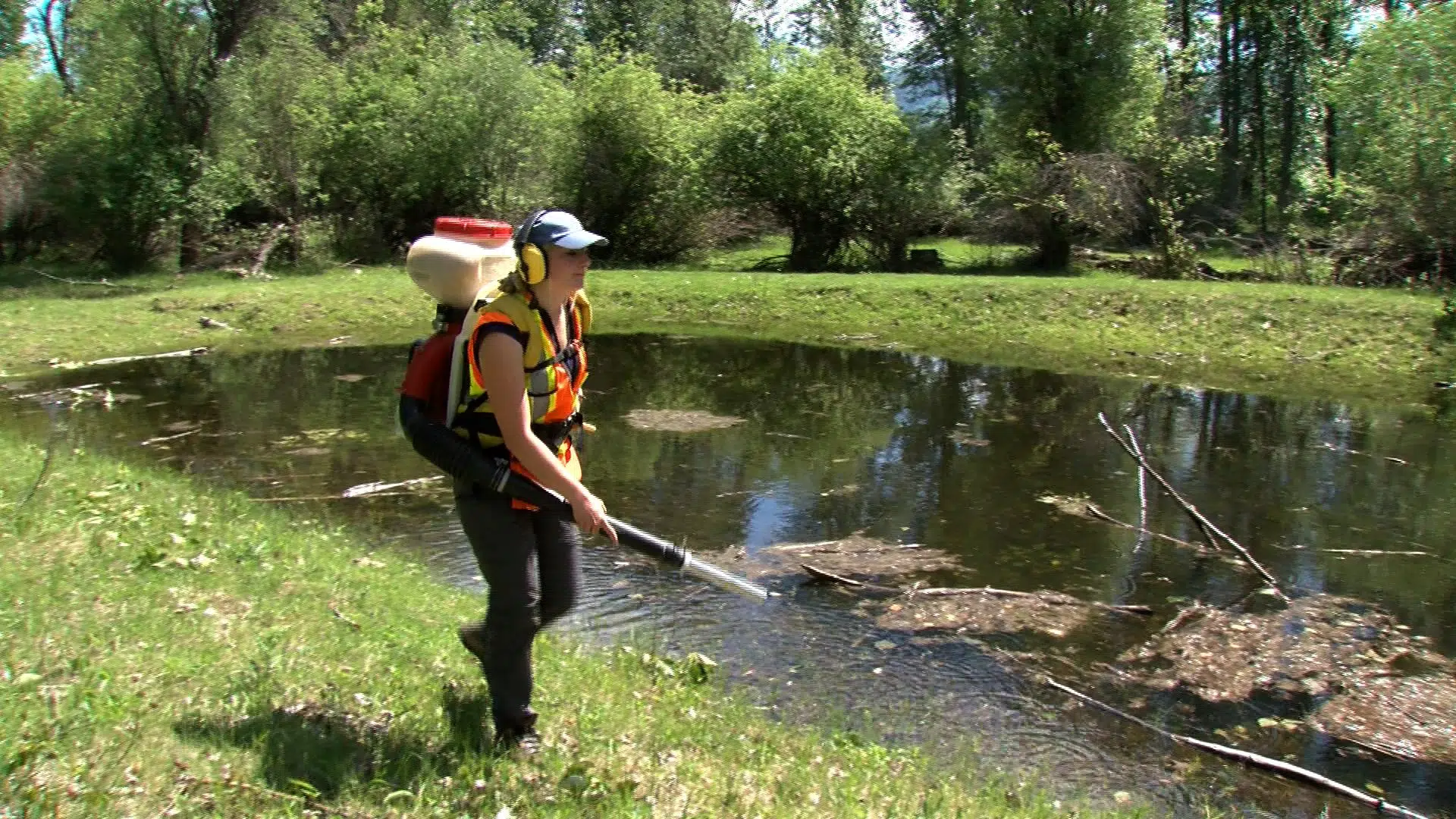
Mosquito populations appear average despite wet spring
KAMLOOPS — It’s the time of year when nuisance mosquitoes begin to emerge, feeding on unsuspecting humans and animals.
The blood-sucking insects are known to carry harmful diseases, but it is merely their annoying nature that is most concerning in B.C.
Currently, more than 300 mosquito habitats across the North Thompson Valley are being monitored and treated for mosquito larvae, before the insect has a chance to bite.


